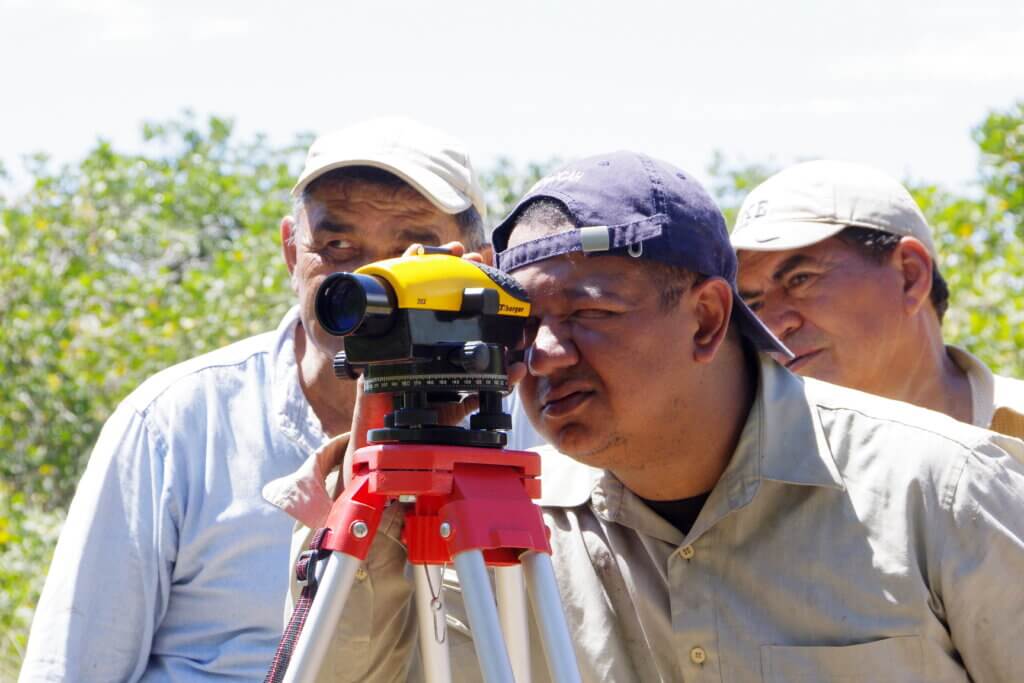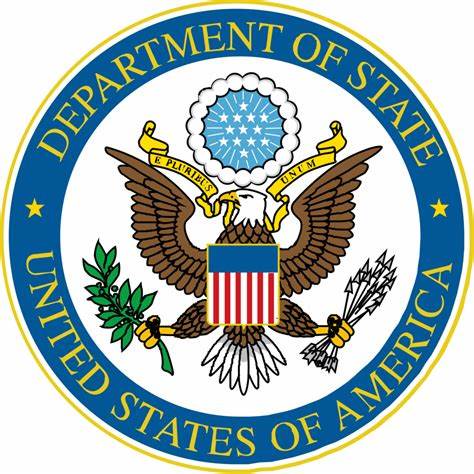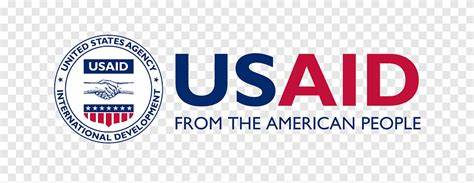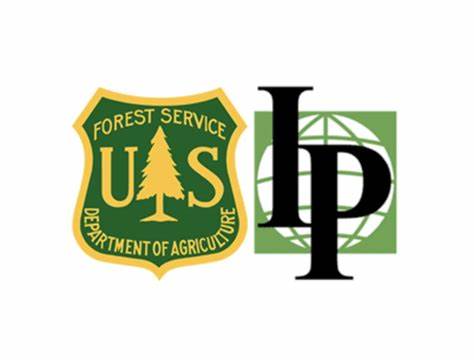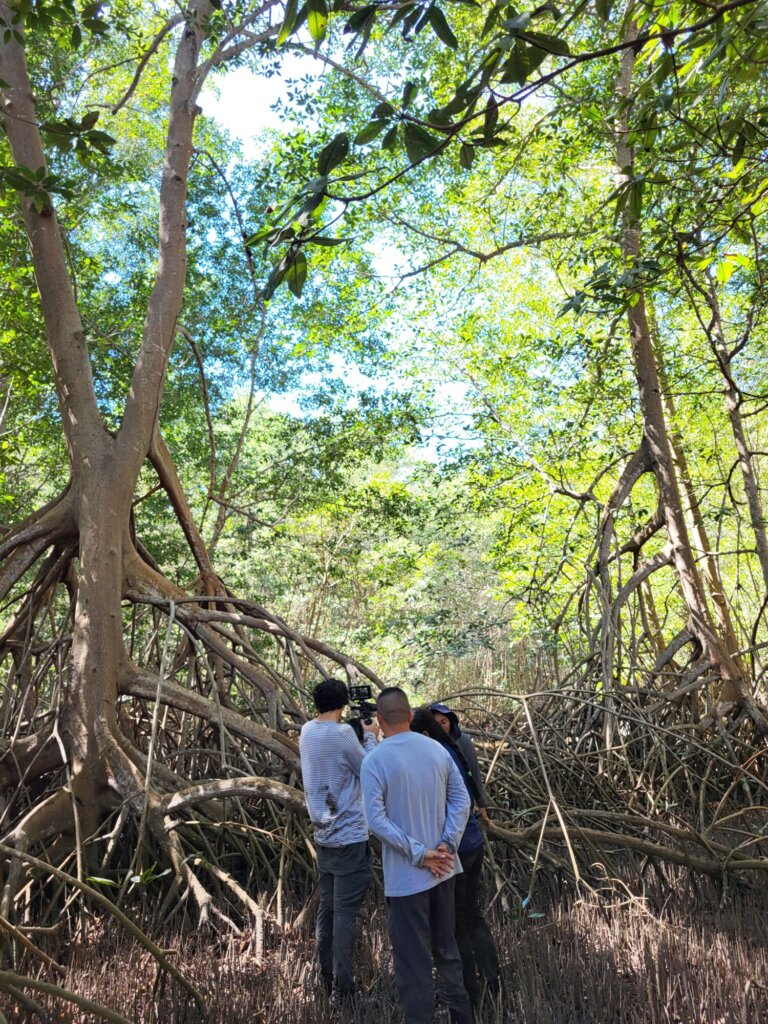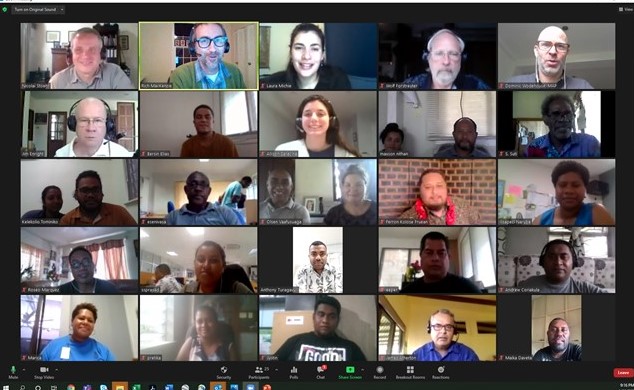
Supporting Pacific Island mangrove restoration
Location: Virtual
Timeline: January – February 2021
Goal: To partner with the US Forest Service to improve the mangrove restoration skills of their grant recipients across the Pacific
Partners
In 2021, MAP moved its CBEMR training sessions online to reach as many people in as many nations as possible across the Pacific despite the pandemic.
Our 6-week workshop welcomed 47 participants from Pacific Island countries, including Palau, Fiji and Solomon Islands.
Faced with the impact of cyclones, climate change and deforestation, participants learned how to select sites, restore and conserve mangroves.
What we did
In 2021, COVID-19 put field-training sessions on hold – but the MAP team was still eager to reach as many global stakeholders as possible during the pandemic. Partnering with the US Forest Service (USFS) International Programs, we took our Community-Based Ecological Mangrove Restoration (CBEMR) training online to conduct a series of workshops that would allow for more people to attend from various countries. In January 2021, our six-week workshop welcomed 47 participants from across the Pacific Islands, including Palau, Federated States of Micronesia, Solomon Islands, Vanuatu, Marshall Islands, Fiji, and Samoa.
The remote Pacific Islands are beautiful landscapes comprising island nations as thin as coral atolls rich in mangrove forests, to large volcanic islands with high altitudes and inland forests. These unique ecosystems are a valuable resource for local communities, who heavily rely on goods and services harvested from them. This makes these areas particularly vulnerable to the effects of climate change, with nations and their forests already experiencing increased wildfires, sea level rise, and increased extreme weather events. These effects are compounded by rising rates of deforestation and degradation.
The restoration of mangroves and upland forests is a proven management plan that can help Pacific Island nations mitigate and adapt to the impacts of climate change. As part of this plan, USFS’s PIFRI project aims to improve the quality and extend the coverage of island forests by awarding small grants to local NGOs and offering training and workshops, such as CBEMR. As well as covering mangrove ecosystems, the project focuses on island terrestrial forests to ensure these ecosystems continue to provide valuable goods and services to local communities and wider populations.
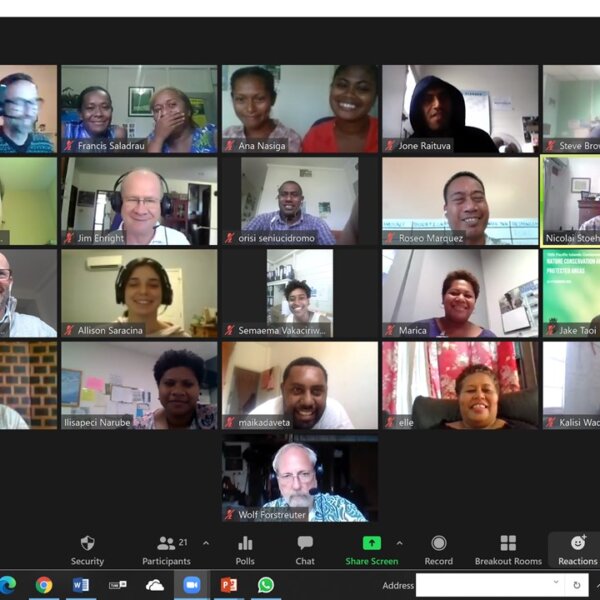
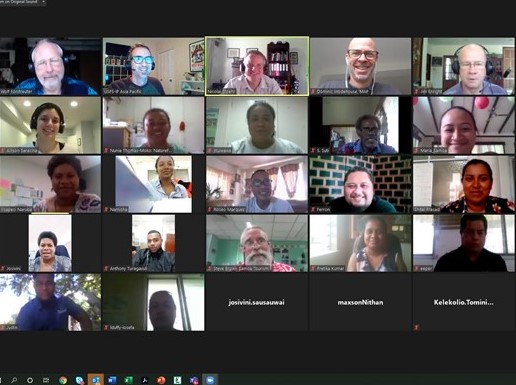
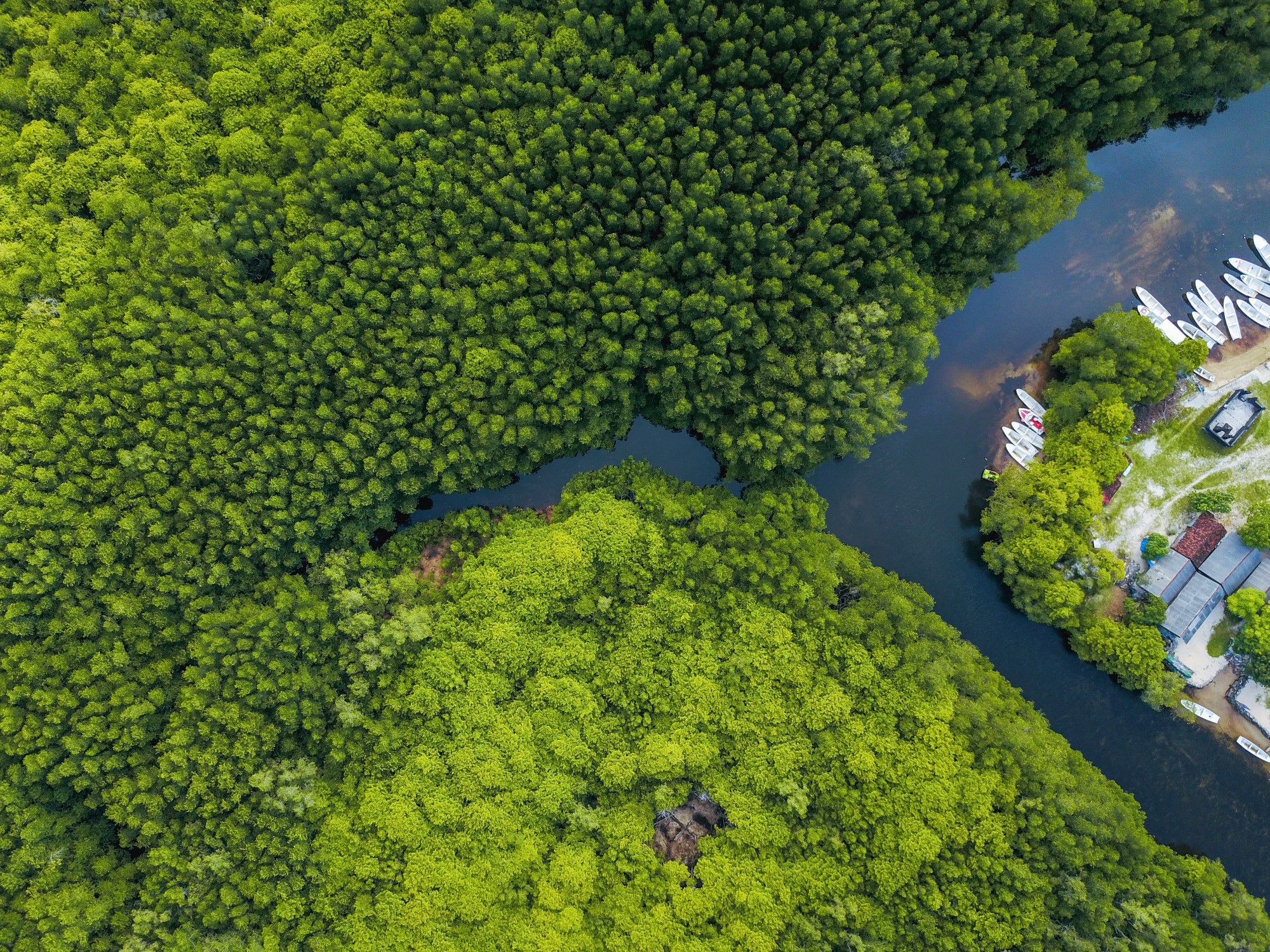
Interested in working with us?
Get in touch with us at dominic@mangroveactionproject.org
Related work
- Read more about Restoring vital ecosystems in Kenya
Restoring vital ecosystems in Kenya
Location: Kenya Timeline: 28th Feb - 21st March 2022 Goal: To share the knowledge and tools for restoring mangroves: a vital…
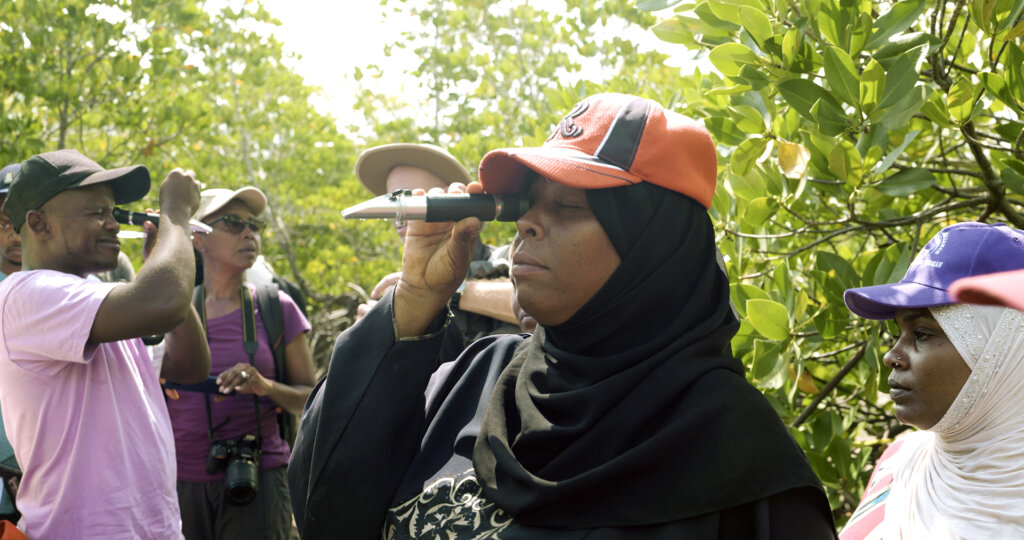
- Read more about Delivering mangrove restoration best practices in the Bahamas
Delivering mangrove restoration best practices in the Bahamas
Location: Bahamas Timeline: March - April 2023 Goal: To support local mangroves restoration efforts and implement best practices for future…
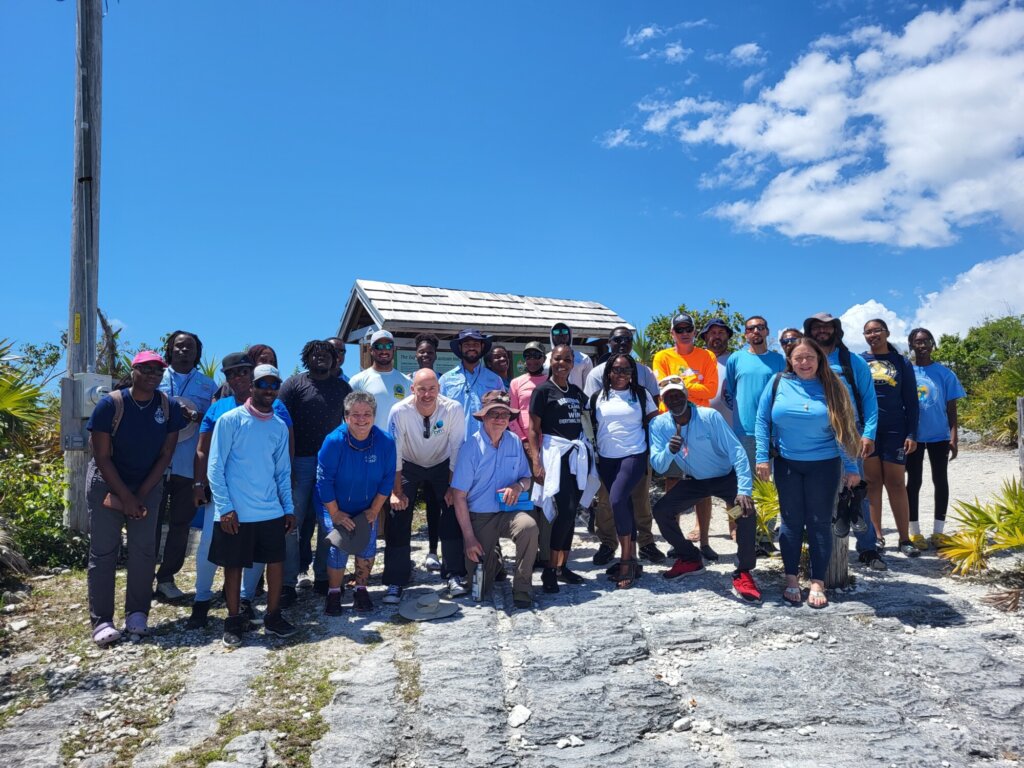
- Read more about Fostering a sustainable network in Honduras
Fostering a sustainable network in Honduras
Location: Honduras Timeline: February 2015 Goal: To work collaboratively with local officials to persuade local villagers and village leaders to reduce…
